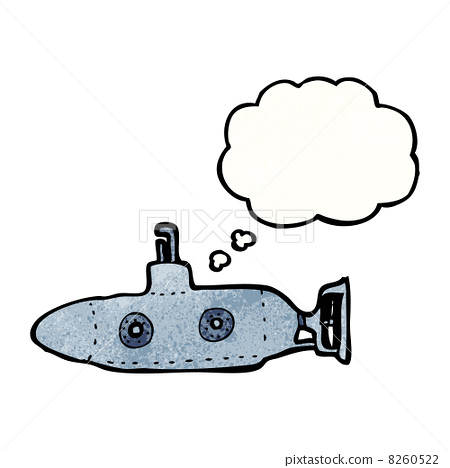

They wanted to break the British stronghold on vital German supply ports and force Britain to withdraw from the war within a year. Germany was already suffering from food shortages, and the government had enforced unpopular conscription into the military forces or the war industry. The German high command pushed a return to unrestricted submarine warfare at the start of 1917, dismissing opponents of the program, which sought to destroy over 600,000 tons of commerce every month. It possessed 140 U-boats by 1917, and the U-boat had sunk almost 30% of the world's merchant ships. To break through the British blockage, which sought to starve Germany out of the battle, Germany produced larger and bigger U-boats. The injunction, however, was only in effect for a limited time. The Germans claimed the Lusitania was carrying military equipment and hence a lawful target.įaced with a prospect of going to war with the United States over the event, Germany backed down and ordered its U-boat fleet to leave passenger ships. The sinking was seen as an act of indiscriminate warfare by the Allies and Americans.

Nearly 1,200 children, women, and men were killed, including 128 Americans. On May 7, 1915, the German submarine U-20 sank the Cunard passenger liner Lusitania off the coast of Ireland. The idea was to starve Britain before Germany was crushed by the British blockade. As Britain successfully closed German ports from the supply, they were Germany's sole weapon of advantage. The terrifying U-boats ('unterseeboot' in German), fitted with torpedoes, patrolled the Atlantic. Germany reacted by sinking neutral ships supplying the Allies with their submarines. In addition, certain U-boats were outfitted with the ability to carry and deploy naval explosives.ĭuring World War I, Britain's blockade of the English Channel and the North Sea halted the supply of gasoline, food, and war supplies to Germany. This approach also enabled U-boat personnel to grab supplies and jewels from merchant ships before they sank. Surface assaults were prevalent during this time because torpedoes were unreliable. They were equipped with up to 16 self-propelled torpedoes and deck-mounted guns. These submarines could dive to a maximum depth of 165 ft (50 m), traverse at speeds of 16 knots on the externals and eight knots below the surface, and had a coverage of up to 25,000 mi (40,233 km). HistoryĪlthough nautical technology has improved rapidly since World War I, U-boats were considered very sophisticated in 1914. Germany replied by erecting its own blockade all-around the English Channel and the British Isles, as well as launching an all-out submarine war against all Allied and neutral ships. The United Kingdom designated German waterways a war zone, seizing goods headed for the Central Powers (Bulgaria, Germany, the Ottoman Empire, and Austria-Hungary). Submarine warfare was crucial in the face of rising international tensions during World War I.Īfter the war broke in 1914, the United Kingdom used its superior navy to blockade German ports, preventing food, supplies, and war equipment from reaching the German soldiers and civilians. Anyone using the information provided by Kidadl does so at their own risk and we can not accept liability if things go wrong. Kidadl cannot accept liability for the execution of these ideas, and parental supervision is advised at all times, as safety is paramount. We recommend that these ideas are used as inspiration, that ideas are undertaken with appropriate adult supervision, and that each adult uses their own discretion and knowledge of their children to consider the safety and suitability. Our recommended activities are based on age but these are a guide. We recognise that not all activities and ideas are appropriate and suitable for all children and families or in all circumstances. Kidadl provides inspiration to entertain and educate your children. We will always aim to give you accurate information at the date of publication - however, information does change, so it’s important you do your own research, double-check and make the decision that is right for your family. We try our very best, but cannot guarantee perfection. We strive to recommend the very best things that are suggested by our community and are things we would do ourselves - our aim is to be the trusted friend to parents.

At Kidadl we pride ourselves on offering families original ideas to make the most of time spent together at home or out and about, wherever you are in the world.


 0 kommentar(er)
0 kommentar(er)
